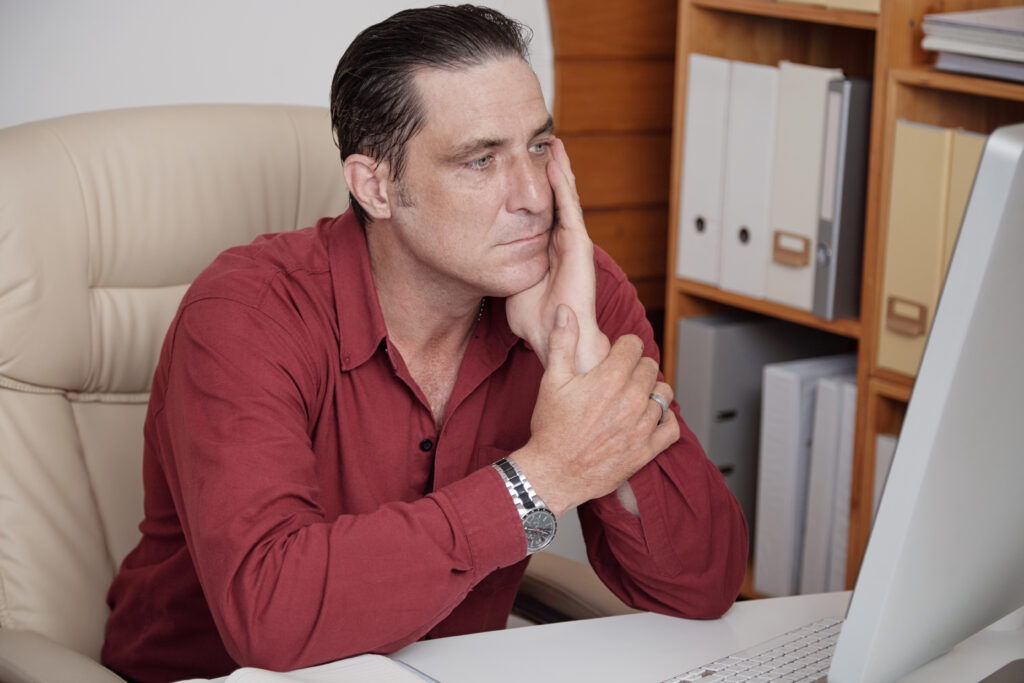Do Men Go Through Menopause?

Menopause is often associated with women as they reach a certain age, but many people wonder: Do men go through menopause? The concept of menopause for men is often misunderstood, leading to confusion about male hormonal changes and aging. In this article, we’ll explore the idea of male menopause, its symptoms, and how it differs from female menopause.
1. Understanding Male Menopause
The term “male menopause” is often used to describe andropause, a condition characterized by a gradual decline in testosterone levels in men as they age. Unlike female menopause, which occurs suddenly and marks the end of fertility, andropause happens more slowly and can vary greatly from one man to another.
2. What Causes Andropause?
As men age, testosterone levels naturally decline, starting around the age of 30. Factors that can influence this decline include:
- Age: Testosterone levels generally decrease by about 1% per year after age 30.
- Health Conditions: Conditions such as obesity, diabetes, and chronic illness can accelerate hormonal decline.
- Lifestyle Factors: Poor diet, lack of exercise, excessive alcohol consumption, and smoking can negatively impact testosterone levels.
3. Symptoms of Male Menopause
While not all men will experience noticeable symptoms during andropause, some common signs may include:
- Fatigue: A general feeling of tiredness that doesn’t improve with rest.
- Depression or Mood Changes: Increased irritability or feelings of sadness.
- Reduced Libido: A decline in sexual desire and performance.
- Weight Gain: Increased fat accumulation, particularly around the abdomen.
- Decreased Muscle Mass: Loss of muscle strength and endurance.
- Hot Flashes: Some men report experiencing hot flashes similar to those experienced by women during menopause.
4. How to Manage Symptoms of Andropause
If you’re experiencing symptoms of andropause, several strategies may help manage them:
- Consult a Healthcare Provider: If symptoms are severe, talking to a healthcare professional can help determine if hormone therapy or other treatments are appropriate.
- Healthy Lifestyle Choices: Regular exercise, a balanced diet, and maintaining a healthy weight can help manage symptoms.
- Stress Management: Techniques such as meditation, yoga, and deep breathing can improve mental well-being.
- Sleep Hygiene: Prioritize good sleep habits to combat fatigue and mood changes.
5. Conclusion
While men do not experience menopause in the same way women do, they can go through a gradual hormonal decline known as andropause. Understanding this process is essential for recognizing symptoms and managing health during the aging process. If you or someone you know is facing these changes, consider consulting a healthcare provider for guidance and support.
- Menopause and Its Effects – A broader look at menopause and its impact on women.
- Healthy Aging Tips – Tips for maintaining health during menopause and beyond.
- Links
- Mayo Clinic. (2021). Andropause: What You Should Know. Link
- American Urological Association. (2020). Testosterone and Aging. Link